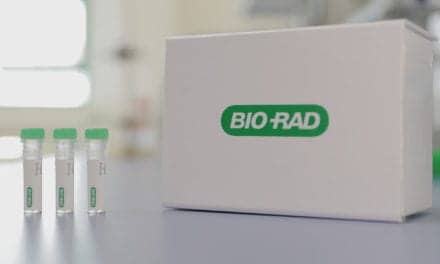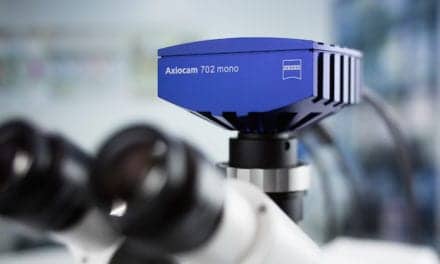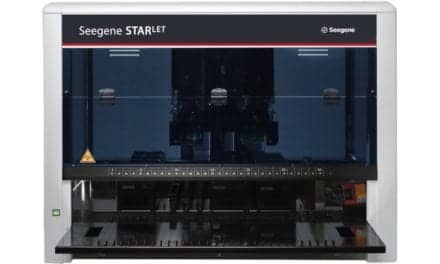BD, Franklin Lakes, NJ, has introduced several new informatics and automation solutions for clinical laboratories, which may play a critical role in the fight against infectious diseases and antimicrobial resistance. The new molecular, microbiology, and software solutions were presented in April at the annual meeting of the European Congress of Clinical Microbiology and Infectious Diseases (ECCMID).
At ECCMID, the company announced its plan for the commercial availability of the BD Synapsys microbiology informatics solution, which will provide laboratories with secure connectivity across instruments and locations. The new browser-based application will help streamline workflows, automate manual processes, and facilitate access to on-demand actionable insights. Together, these capabilities will enable laboratories to improve productivity, simplify compliance, and ultimately get results to clinicians more efficiently.
The BD Synapsys solution will soon be available in the United States, and will also be offered in Canada and Western Europe. The solution will initially support BD’s Bactec FX systems, Kiestra solutions, and Veritor Plus systems (in the United States). The solution is expected to help laboratories and hospitals meet cybersecurity and data privacy standards.
“BD understands our lab needs an advanced informatics solution that supports integrated workflow across lab instruments, with access to data across all systems to better utilize our resources, reduce turnaround times and error rates, and show efficiency data in order to maximize the usage of our instrumentation to ultimately allow us to better serve our physicians and patients,” says Alanna Emrick, microbiology manager at UMC Health System.
Also among BD’s newest products unveiled at ECCMID were the following:
The BD Cor system, a high-throughput molecular platform designed to support a menu of clinically differentiated assays for women’s health, sexually transmitted infections, and gastrointestinal applications. The automated system integrates the preanalytical and analytical steps needed to process samples and provide actionable results, while reducing hands-on time for laboratory staff and reducing the potential for manual errors. The BD Cor system will be offered in Western Europe beginning in mid-2019, following required regulatory authorization.
BD Kiestra modules for infectious disease/antibiotic susceptibility testing (ID/AST), which the company says will be new additions to the BD Kiestra solution that automates the processing steps for ID/AST, using the BD Bruker MALDI mass spectrometer and BD Phoenix ID/AST systems. These laboratory automation solutions use a single organism to ensure that the same bacterium is utilized in both tests. As with other BD Kiestra modules, the ID/AST modules will drive efficiency in the lab, reduce hands-on time, eliminate errors, and ultimately help clinicians make timely patient management decisions. Upon receiving applicable regulatory authorizations, the BD Kiestra ID module will be offered in early 2019, and the ID/AST module will be available in mid-2019, initially in Europe and Canada. Availability in the United States and other regions will follow after regulatory authorizations are secured.
“We aim to bring our customers the most comprehensive portfolio of high-quality diagnostic tools, because we understand that important medical decisions about patient management and treatment rely on our products,” says Dave Hickey, BD president for diagnostic systems. “These innovative new solutions will enable more robust processing of clinical samples, and faster, more comprehensive reporting of results back to clinicians.”
For more information, visit BD.






